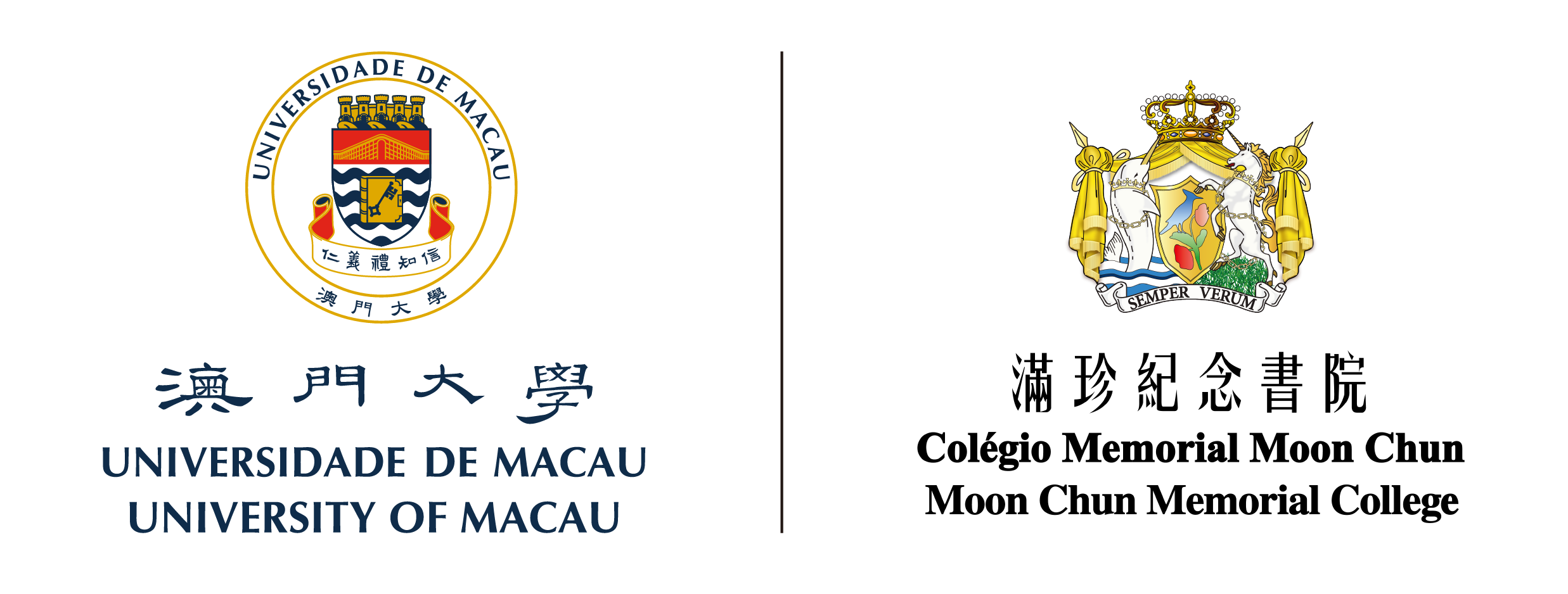In today’s learning context, kinesthetic learners respond differently. To achieve longer learning retention, different teaching input and techniques can be applied to different students with different learning styles.
For the hands-on learners, or experiential learners, role playing (for example) can be used. Whole body learners can achieve better results through role-playing, body mapping, puzzles and use of computer technology which allows for certain movement while learning. Students can be engaged in group activities and activities which involve bodily movement such as dance, drama, sports can be used to nurture their learning.
The kinesthetic learners who have memories associated with emotions learning can be facilitated through dance, debate, drama, role-play, and charades. This kind of learning leads to a long-term memory since it is associated with emotions such as excitement, curiosity, anger, disappointment and success.
English enhancement has been part of the visionary goals for MCM college. The programme was meticulously planned and executed with collaboration of the English Language Centre (ELC) to help students with lower levels of proficiency in English to develop their confidence and fluency in speaking and listening skills.
The inclusion of games as part of the teaching methodology lends itself well to revision exercises, helping learners recall material in a pleasant, and yet entertaining format. Some games are worth paying special attention to and implementing both in and outside classroom, since they can be quite motivating especially to L2-learners.
Students are encouraged by the Associate Master and Resident Fellows to actively participate in the activities, and then write a reflection in their e-portfolios upon completion of each activity. This equates as a form of assessment in fulfilment of the RC education requirement.

